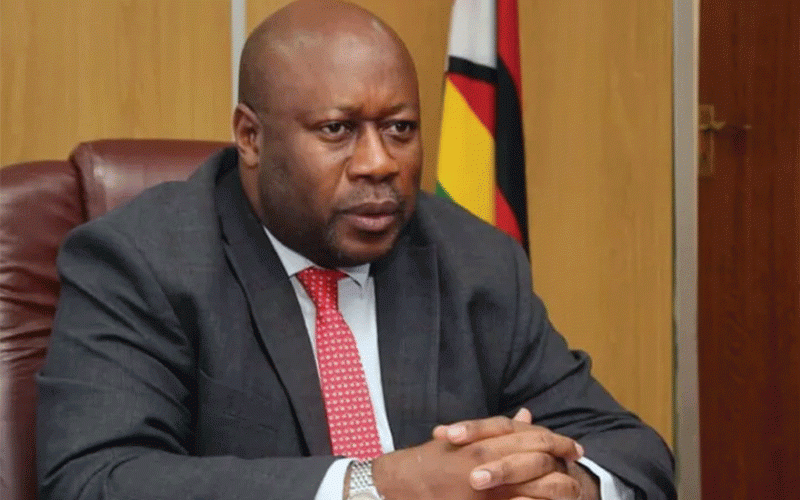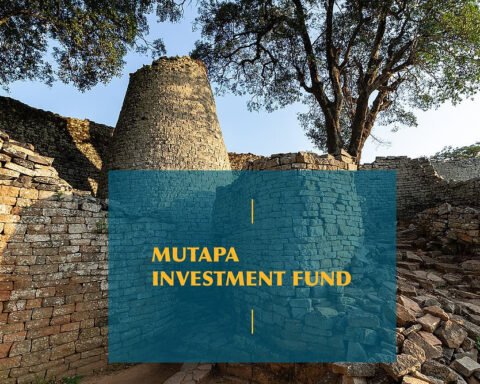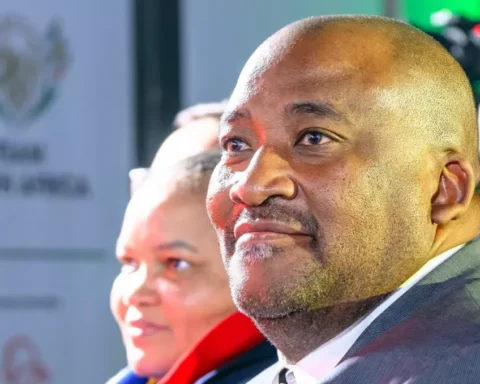Allegations have surfaced from the residents of Harare, accusing the government of leveraging the rejection of Harare City Council’s 2024 budget to coerce the municipality into agreeing to an addendum with Geo Pomona Waste Management. This development follows the Ministry of Local Government’s decision last week to reject the budget proposal due to the council’s failure to present audited accounts since 2017, setting a new deadline for a revised budget by April 19.
At the heart of this controversy is a contentious waste-to-energy project between the City of Harare and Geo Pomona, established in 2022 after securing a US$350 million deal with Dutch firm Geogenix BV. Despite its ambitious goals, the project has faced widespread criticism for its perceived immediate cost implications and lack of investment in the critical upgrading of the Pomona dumpsite, a concern for many Harare residents.
Precious Shumba, director of the Harare Residents Trust, has expressed skepticism towards the Ministry’s motives, suggesting that the budget rejection and subsequent pressure are tactics aimed at securing the council’s compliance with the Geo Pomona agreement. “The Minister’s meeting was not about the 2024 budget. It was designed to pressure the local authority into the Geo Pomona deal,” Shumba stated, highlighting the community’s objections to the project’s current form and the proposed US$123 refuse collection charges.
The clash over the budget and the waste management deal underscores a broader dispute between improving current refuse collection services and embarking on new, large-scale projects. Residents prioritize the former, advocating for significant enhancements to waste collection for households, businesses, and the central business district as a precondition for any new agreements.
With the Ministry’s deadline for a revised budget proposal looming, the stand-off between the government, the city council, and Harare’s residents continues to unfold. This situation puts the spotlight on the city’s waste management strategies and the governance challenges facing Zimbabwe’s capital.








